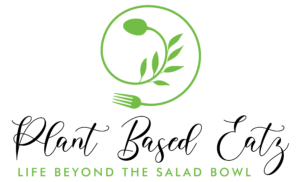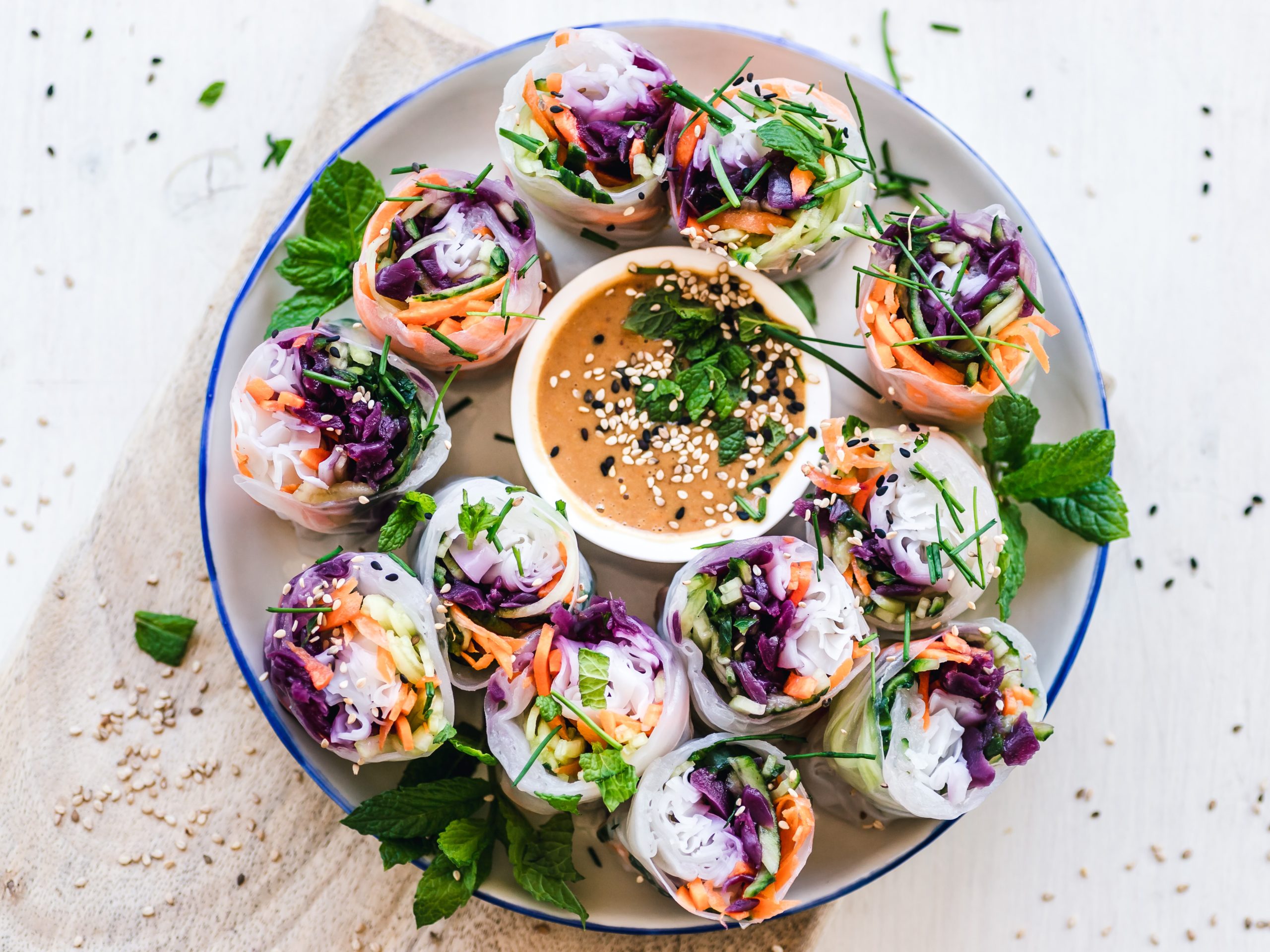Calcium deficiency is a common problem in the United States, especially among certain groups of people who may not consume enough calcium in their diets or who have other risk factors for calcium deficiency. Here are some statistics related to calcium deficiency in the United States:
- Prevalence of calcium deficiency: According to the National Health and Nutrition Examination Survey (NHANES) conducted between 2013-2016, approximately 43% of adults in the United States have calcium intakes below the estimated average requirement (EAR) for calcium.
- Prevalence of osteoporosis: Osteoporosis, a condition characterized by low bone density and increased risk of fractures, is often related to inadequate calcium intake. According to the National Osteoporosis Foundation, approximately 10 million Americans have osteoporosis and another 44 million have low bone density.
- High-risk groups: Some groups of people are at higher risk of calcium deficiency than others, including postmenopausal women, older adults, people with lactose intolerance, and those following a vegan** or vegetarian diet.
- Consequences of calcium deficiency: Long-term calcium deficiency can lead to osteoporosis, which can increase the risk of fractures, especially in the hip, spine, and wrist. In children, calcium deficiency can lead to poor bone development, growth retardation, and other health problems.
**I’m going to “hook you up” with some delicious vegan options to boost your calcium numbers!
So, what are you going to do? You’re going to pack in some delicious plant-based sources of calcium that will also have a plethora of additional benefits.
Here are the top 10 vegan sources of calcium:
- Tofu: Tofu made with calcium sulfate is an excellent source of calcium, with around 434mg of calcium per 100g.
- Almonds: Almonds are a good source of calcium, with 264mg per 100g. They’re also a good source of protein and healthy fats.
- Chia Seeds: Chia seeds are a nutrient-dense food, high in fiber, protein, and omega-3 fatty acids, and contain around 631mg of calcium per 100g.
- Soy Milk: Many brands of soy milk are fortified with calcium, providing around 120-200mg of calcium per 100 ml.
- Kale: Kale is a nutrient-dense leafy green vegetable that is high in calcium, with around 150mg per 100g.
- Collard Greens: Collard greens are a nutritious vegetable and a good source of calcium, with around 145mg per 100g.
- Fortified Cereals: Many breakfast kinds of cereal are fortified with calcium, providing anywhere from 100-1000mg per serving.
- Bok Choy: Bok Choy is a Chinese cabbage that is low in calories and high in calcium, with around 105mg per 100g.
- Tempeh: Tempeh is a fermented soybean product that is high in protein, vitamins, and minerals, including calcium. It contains around 111mg of calcium per 100g.
- Oranges: Oranges are a good source of calcium, with around 43mg per 100g. They’re also high in vitamin C, which helps your body absorb calcium better.
It’s important to note that the bioavailability of calcium from plant sources can be lower than from animal sources, so it’s recommended that vegans consume a varied and balanced diet to ensure they’re meeting their calcium needs.
If you are concerned about your calcium intake or have other risk factors for calcium deficiency, it is important to talk to your healthcare provider, or a plant-based nutritionist to determine the best dietary and lifestyle strategies for maintaining good bone health.
Until next time,
~Your Neighborhood Health Dealing Nutritionist & Chef~ K
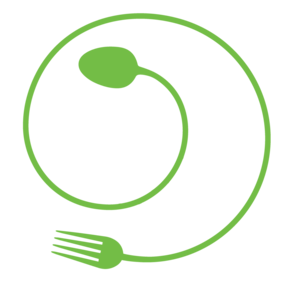
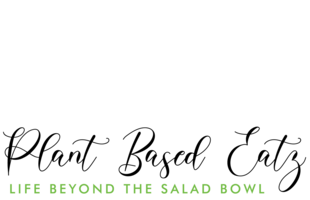
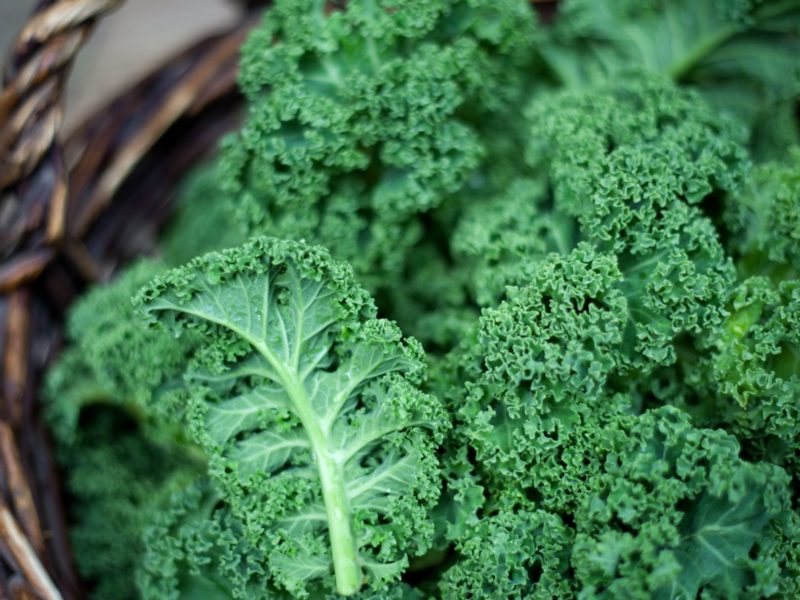
 How to Plan a Balanced Vegan Meal
How to Plan a Balanced Vegan Meal
